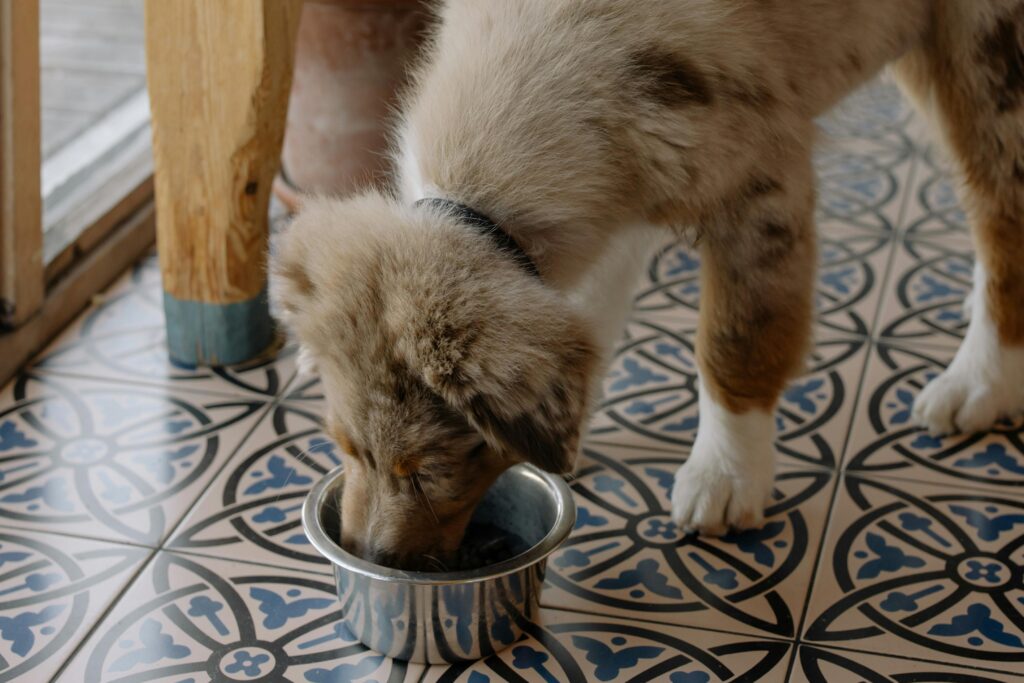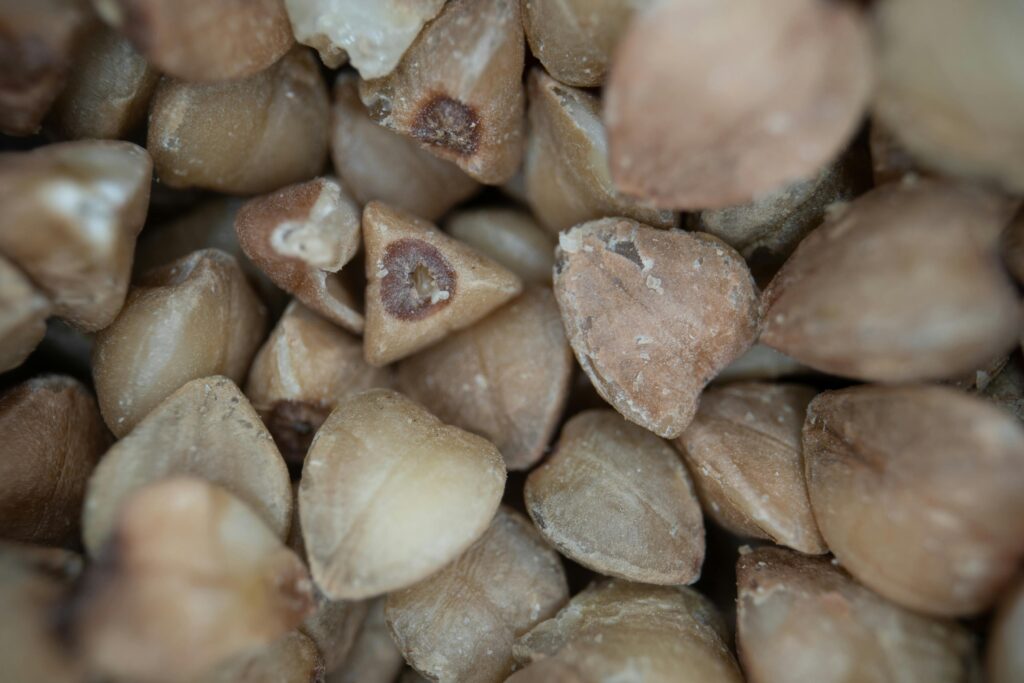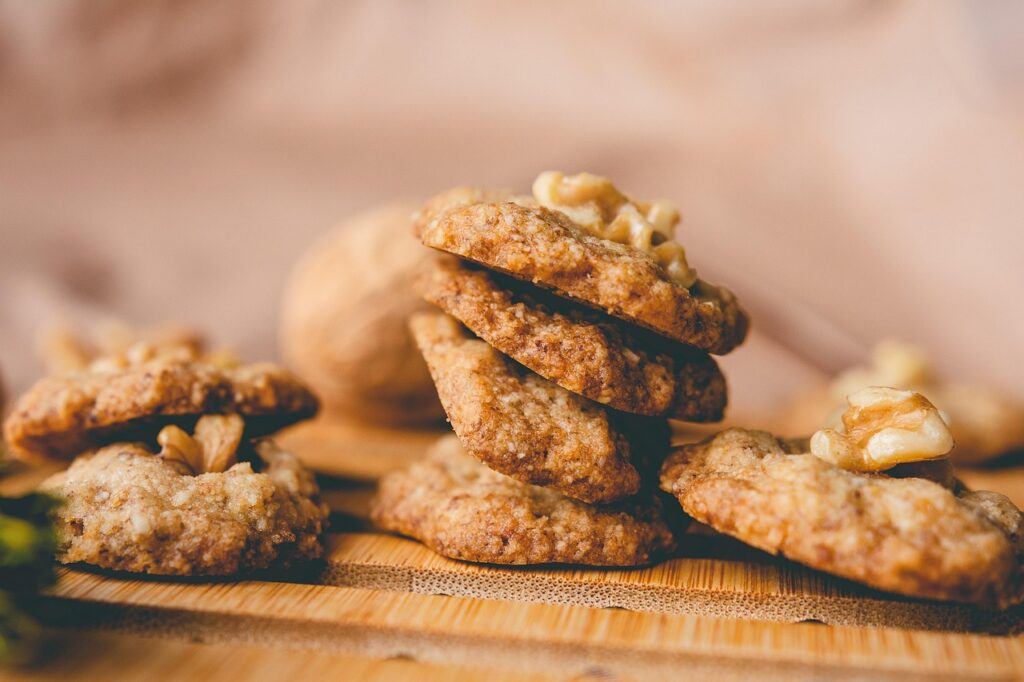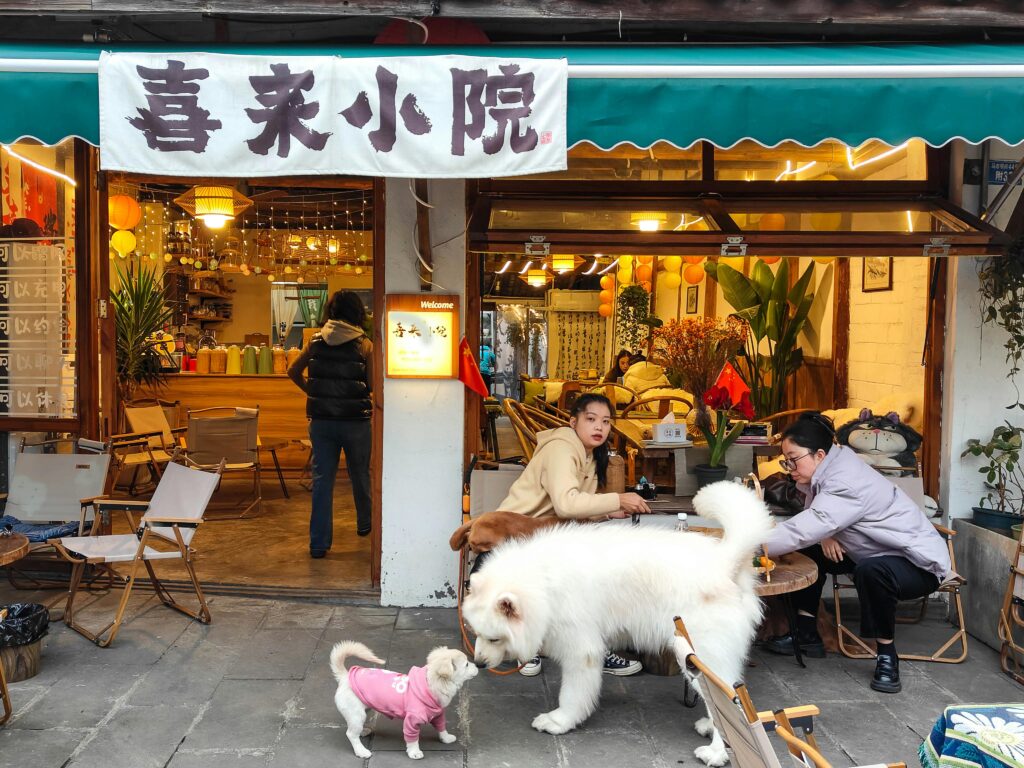- Keeping Your Furry Friend Healthy During the Rainy Season
- 1. Balanced Nutrition
- 2. Hydration
- 3. Probiotics and Prebiotics
- 4. Avoid Raw Food
- 5. Warm and Soft Foods
- 6. Limited Treats
- 7. Regular Feeding Schedule
- 8. Monitor Weight and Health
- 9. Special Considerations
- 10. Consult Your Vet
- Quick Glance: What’s Inside?
- Hey Dog Parents, Let’s Talk Monsoon Care!
- Why Monsoon Can Be Tricky for Your Dog
- Simple Diet Changes for the Rainy Season
- 1. Serve Fresh, Cooked Food
- 2. Skip the Raw Stuff (For Now)
- 3. Add Natural Immunity Boosters
- 4. Probiotics for a Happy Tummy
- 5. Keep It Light and Easy to Digest
- 6. Don’t Forget Hydration!
- 7. Watch for Allergies
- 8. Stick to a Routine
- 9. Avoid Overfeeding
- Foods to Avoid During Monsoon
- Keep Dog Food Fresh and Safe
- Vet-Approved Advice for Monsoon Diets
- FAQs
- Final Woof: Monsoon Can Be Fun with the Right Diet!
Keeping Your Furry Friend Healthy During the Rainy Season
monsoon diet tips for dog – Find out how to keep your furry friend healthy during the rainy season with these essential food and care tips. Monsoon season brings a refreshing change to the environment, but it also comes with challenges, especially for our beloved pets. Excessively damp and humid conditions can cause various health problems for dogs. You should pay extra attention to their diet to keep your dog healthy and happy during monsoons. Here’s a guide on what to feed your dog in monsoons.
1. Balanced Nutrition
Proteins: Ensure that your dog’s diet includes high-quality protein sources such as chicken, turkey, fish, or lean cuts of beef. Protein is extremely important in keeping bones strong.
Carbohydrates: Include complex carbohydrates like brown rice, sweet potatoes, and oats. These provide energy and help maintain digestive health.
Fats: Healthy fats are crucial for your dog’s skin and coat, which can be particularly vulnerable during the monsoon. Include sources like fish oil, flaxseed oil, or small amounts of coconut oil.
Vitamins and Minerals: A balanced diet should also provide essential vitamins and minerals. Include leafy greens like spinach or kale, and fruits like apples and blueberries (in moderation) to boost your dog’s immunity.
2. Hydration
Dogs can get dehydrated even during the rainy season, so ensure they have access to fresh, clean water at all times. Consider adding a bit of chicken or beef broth to their water to encourage them to drink more.
3. Probiotics and Prebiotics
Monsoons can disrupt your dog’s digestive system. Incorporate probiotics and prebiotics into their diet to promote a healthy gut. Yogurt is a good source of natural probiotics, while prebiotic-rich foods include bananas, apples, and carrots.
4. Avoid Raw Food
During the monsoon, it’s best to avoid raw food due to the increased risk of bacterial infections. Cook your dog’s meals thoroughly to ensure any harmful pathogens are eliminated.
5. Warm and Soft Foods
Warm, cooked meals are easier to digest and can be more comforting for your dog during the cold, damp weather. Soft foods can also be beneficial, especially for older dogs or those with dental issues.

6. Limited Treats
While treats are a great way to reward your dog, be mindful of their quantity and quality. Avoid store-bought treats high in sugar and preservatives. Opt for healthy, homemade treats like boiled chicken or sweet potato chews.
7. Regular Feeding Schedule
Maintain a consistent feeding schedule to ensure your dog’s digestive system functions optimally. Regular mealtimes help your dog adjust their eating habits.
8. Monitor Weight and Health
The monsoon season can lead to reduced physical activity, resulting in weight gain. Monitor your dog’s weight and adjust their diet accordingly to prevent obesity-related health issues.
9. Special Considerations
- Senior Dogs: Older dogs may need more joint support during the damp weather. Consider adding supplements like glucosamine and chondroitin to their diet.
- Puppies: Growing puppies have higher nutritional needs. Ensure their diet is rich in protein and calcium to support their development.
- Dogs with Allergies: The monsoon can exacerbate allergies. Identify and eliminate any food allergens and consult your vet for a hypoallergenic diet if necessary.
10. Consult Your Vet
Every dog is unique, and their dietary needs can vary. Maybe your dog is too. So you must consult a vet in this regard.
Paying attention to your dog’s diet during the monsoon season can help them stay healthy and enjoy the rainy days. With these dietary tips, your dog will feel much more refreshed in the new climate.

9 Must-Know Ways to Keep Your Pup Happy and Healthy
Quick Glance: What’s Inside?
| Heading | What You’ll Learn |
|---|---|
| Why monsoon affects dogs | How rainy weather impacts your pet’s health |
| Simple diet changes | Easy tweaks to their meals |
| Immunity boosters | Natural foods to help them fight off infections |
| Common mistakes | What to avoid during the season |
| Expert advice & FAQs | Vet-backed tips and real answers |
Hey Dog Parents, Let’s Talk Monsoon Care!
Rainy days may mean cozy vibes and hot tea for us, but for our dogs? Not always so fun. The monsoon season can bring a bunch of challenges for our furry friends—think tummy troubles, infections, or just feeling a bit “blah.”
But don’t worry! With a few smart diet adjustments, you can help your pup stay in top shape all through the rainy season. Let’s dive into some easy and practical monsoon diet tips to keep that tail wagging!
Why Monsoon Can Be Tricky for Your Dog
Stomach Sensitivity
The change in weather can make some dogs more prone to digestive issues. Humidity can also cause food to spoil faster.
Higher Risk of Infections
Wet paws and muddy walks mean more chances for bacteria and fungus to sneak in. Diet plays a big part in keeping your dog’s immunity strong.
Less Outdoor Time
With fewer walks and playtime, your pup might not burn as much energy—so keeping meals light and balanced is super important.
Simple Diet Changes for the Rainy Season
So what should your dog eat when it’s pouring outside? Here are some easy-peasy tips to keep their tummy happy and their health in check.
1. Serve Fresh, Cooked Food
Go for fresh, home-cooked meals as often as possible. Lightly cooked rice, chicken, and veggies like carrots or pumpkin are gentle on the stomach and packed with nutrients. Cooking helps kill any bacteria that might be hanging around too.
2. Skip the Raw Stuff (For Now)
Even if you normally feed your dog raw, it’s a good idea to hit pause during monsoon. Raw meat can spoil quickly and carry bacteria, especially in humid weather. Cooked meals are just safer during this time.
3. Add Natural Immunity Boosters
Give your dog’s immune system a little boost with these natural goodies:
- Turmeric – A pinch can help with inflammation and keep infections at bay.
- Ginger – Great for digestion and nausea.
- Fish or Flaxseed Oil – Rich in omega-3s for a healthy coat and strong immunity.
4. Probiotics for a Happy Tummy
Your dog’s gut health takes a hit during weather changes. A spoonful of plain, unsweetened yogurt or vet-approved probiotics can help keep things smooth in the digestion department.
5. Keep It Light and Easy to Digest
Heavy, oily foods? Nope, not during monsoon. Stick to simple combos like:
- Boiled chicken with rice
- Steamed veggies like pumpkin or zucchini
- A little mashed sweet potato
These are easy on the belly and still super tasty.

6. Don’t Forget Hydration!
Dogs might drink less when it’s cooler out, but they still need plenty of water. Keep their bowl clean and full—and if they’re not drinking enough, try adding a splash of chicken broth to encourage them.
7. Watch for Allergies
Moisture and humidity can sometimes trigger food or skin allergies. If your pup starts scratching more than usual or seems off, keep an eye on what they’re eating and talk to your vet if needed.
8. Stick to a Routine
Try to feed your dog at the same time every day. A set routine helps with digestion and gives them a sense of comfort when the weather feels all over the place.
9. Avoid Overfeeding
Less exercise means fewer calories burned, so keep portion sizes in check. Too many treats and extra bites can lead to weight gain—and a sluggish pup!
Foods to Avoid During Monsoon
Here’s what to keep far away from your dog’s bowl this season:
- Street food or table scraps – They can be full of bacteria.
- Old or leftover food – Spoils faster in humid weather.
- Cold or frozen items – Might upset their tummy during the damp season.
Keep Dog Food Fresh and Safe
- Store dry food in airtight containers
- Always check expiry dates
- Don’t leave wet food out for too long
- Clean bowls after every meal
A little extra care in food storage goes a long way in keeping your dog safe.
Vet-Approved Advice for Monsoon Diets
Most vets suggest:
- Sticking with balanced, home-cooked meals
- Avoiding high-fat or overly processed treats
- Adding immune-supporting supplements if needed
- Keeping things simple and consistent
When in doubt, a quick check-in with your vet can help tailor your pup’s diet perfectly for the season.
FAQs
1. Can I give my dog chicken soup in monsoon?
Absolutely! Just keep it simple—no salt, no onions. Warm, homemade chicken soup can be soothing and hydrating.
2. Should I switch my dog’s food during rainy season?
Not necessarily. If they’re doing well on their current food, just make sure it’s fresh and easy to digest.
3. Are supplements needed in monsoon?
Only if your vet recommends. Probiotics or fish oil can be helpful during this season.
4. My dog isn’t eating much during monsoon. What should I do?
Try warming up their food a little or adding dog-safe broth. If they skip more than a meal or two, give your vet a call.
5. Is food poisoning more common in monsoon?
Yes, due to increased moisture and bacteria. Always use fresh ingredients and avoid anything that’s been sitting out.
6. Should I use dry or wet food during monsoon?
Both are fine, but wet food spoils faster. If you use it, serve small portions and store leftovers properly.
Final Woof: Monsoon Can Be Fun with the Right Diet!
Rainy days don’t have to mean a grumpy or sick pup. With a few smart changes to your dog’s diet, you can keep them feeling great—even when it’s pouring outside.
Stay consistent, keep it fresh, and don’t forget to give those paws a good wipe after every walk. Your furry buddy will thank you with lots of tail wags!




